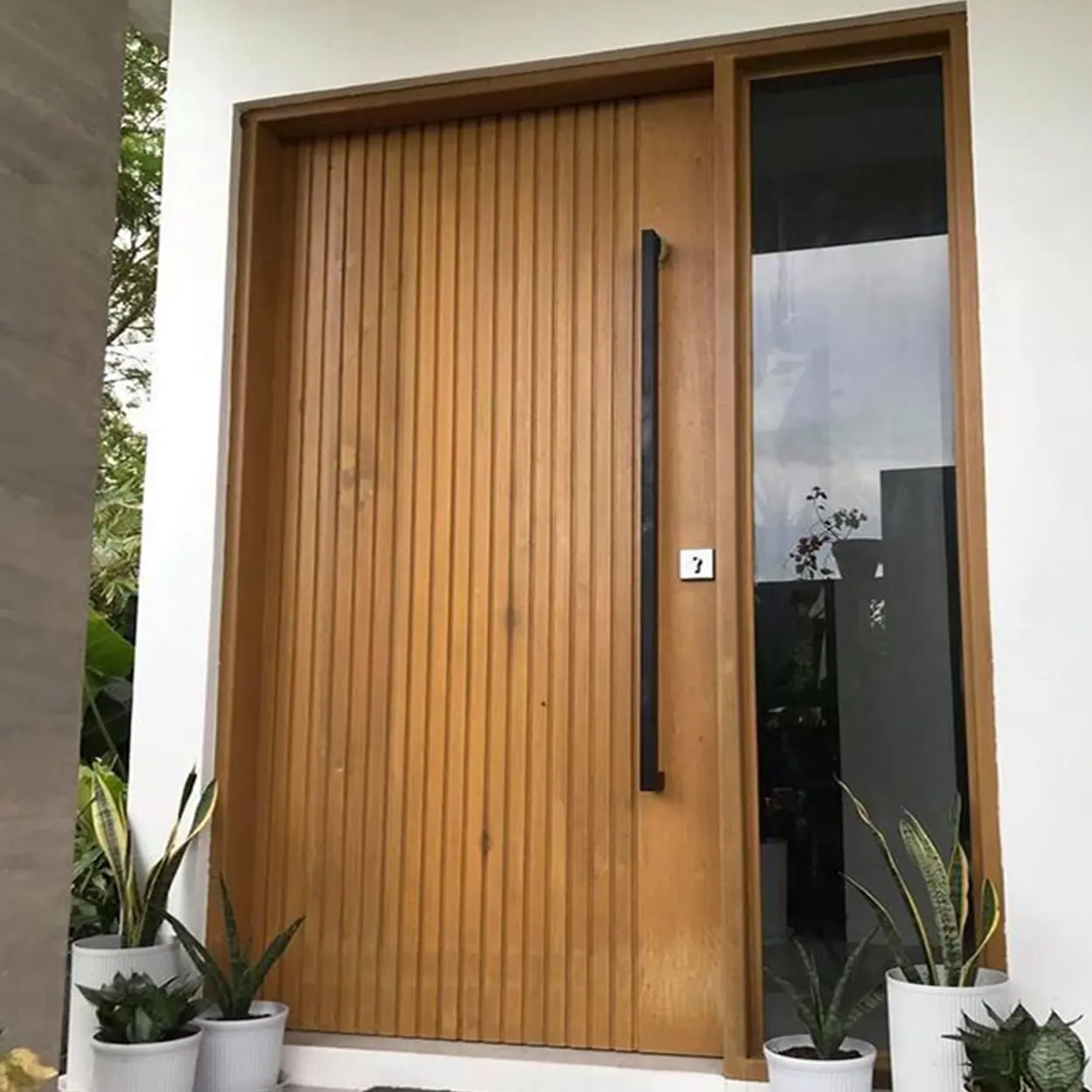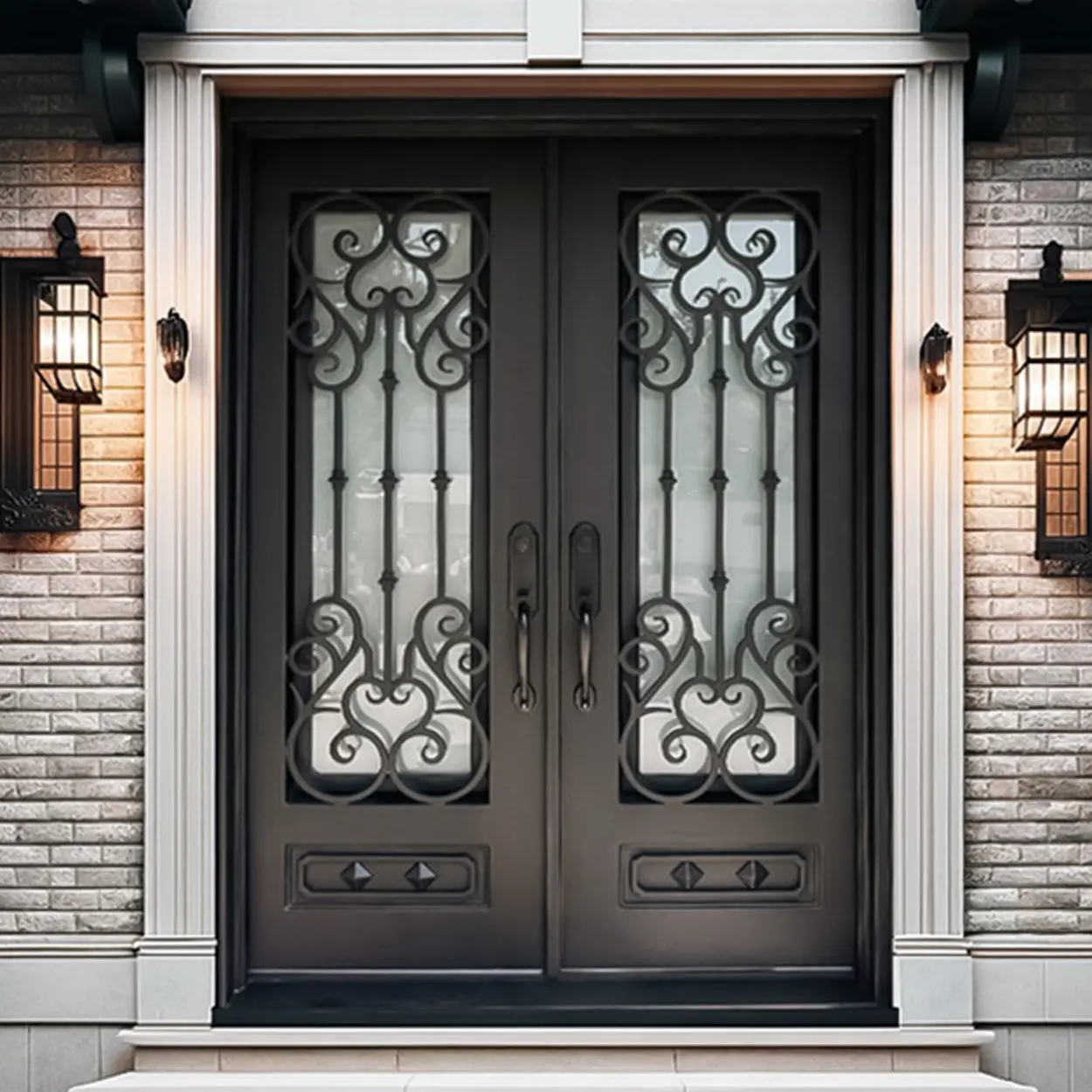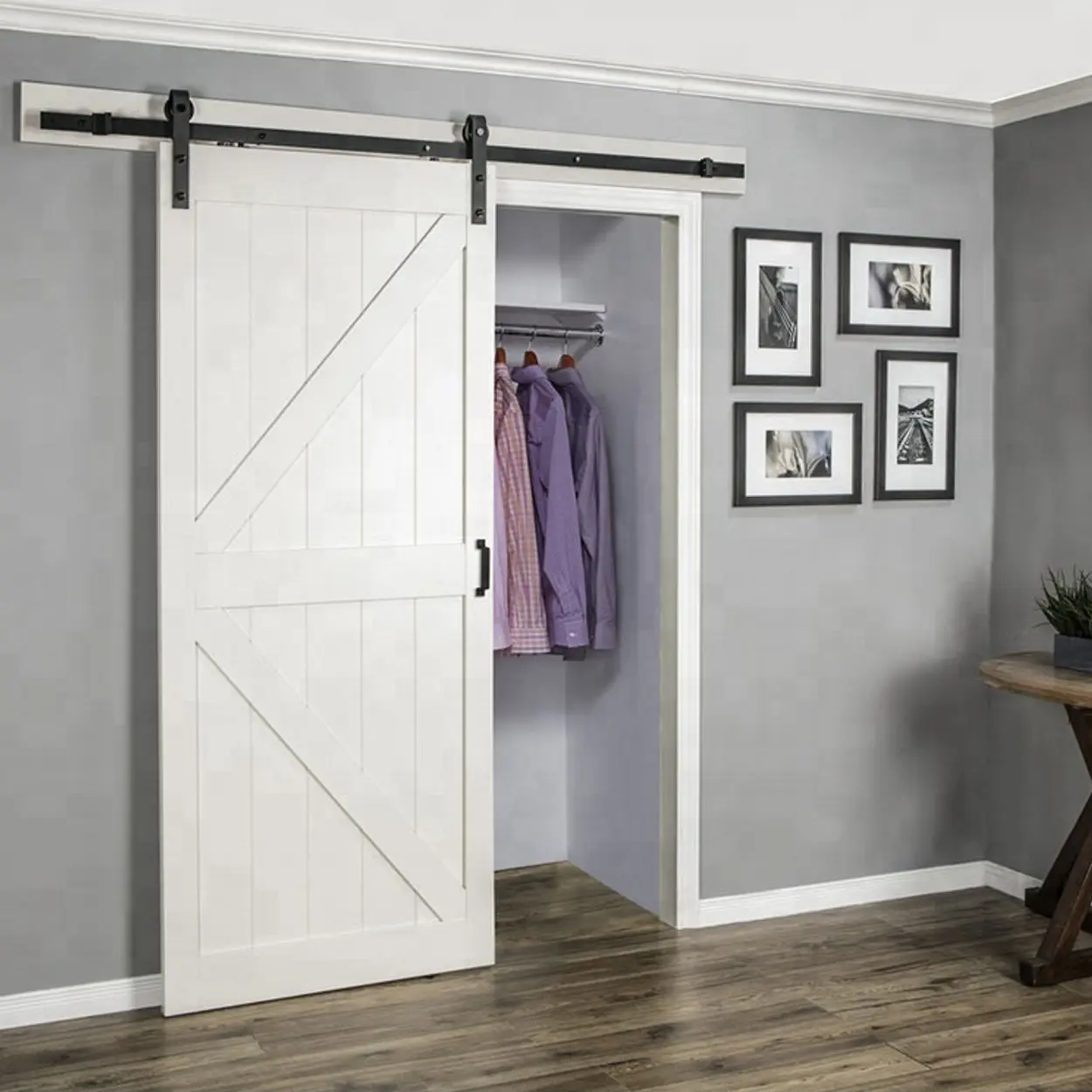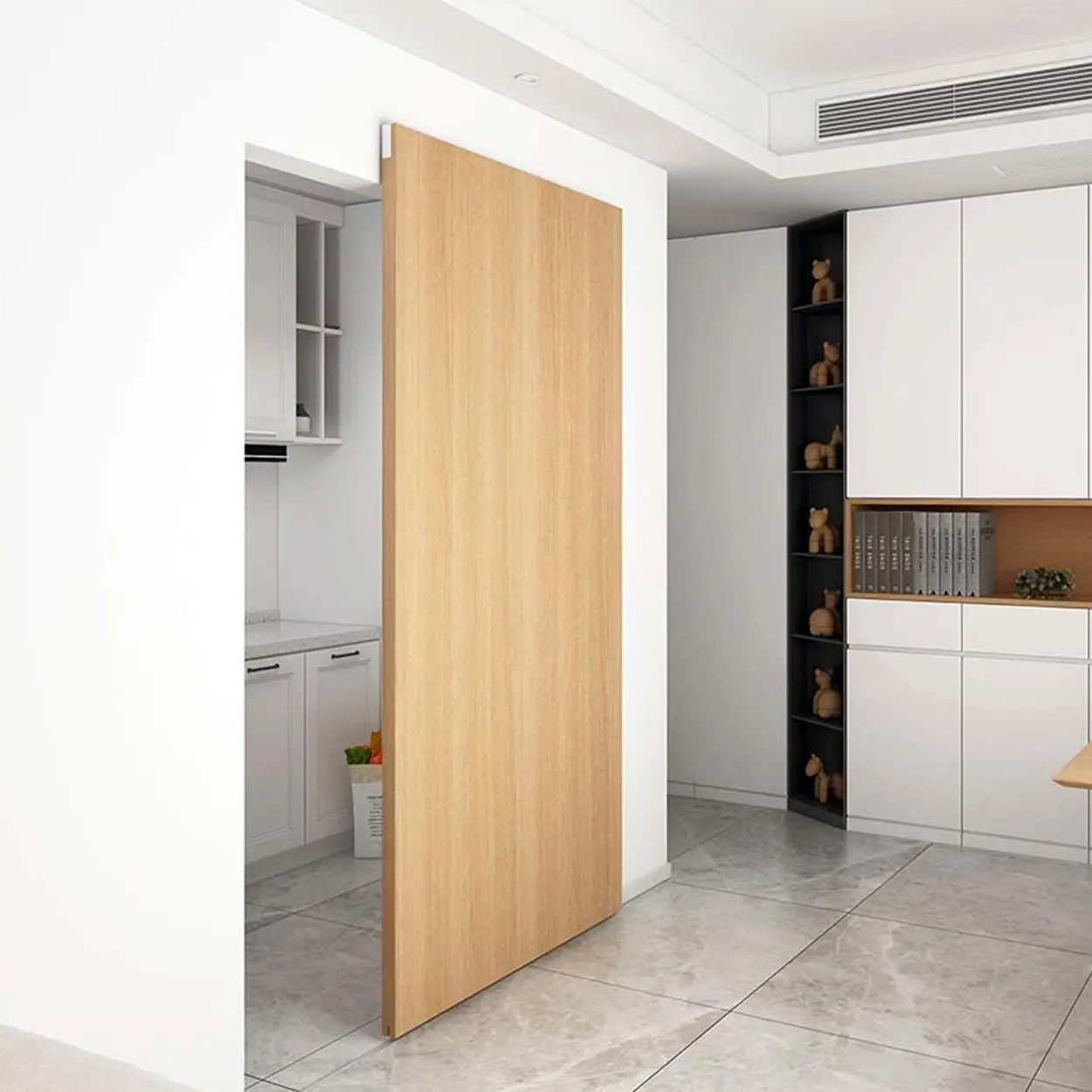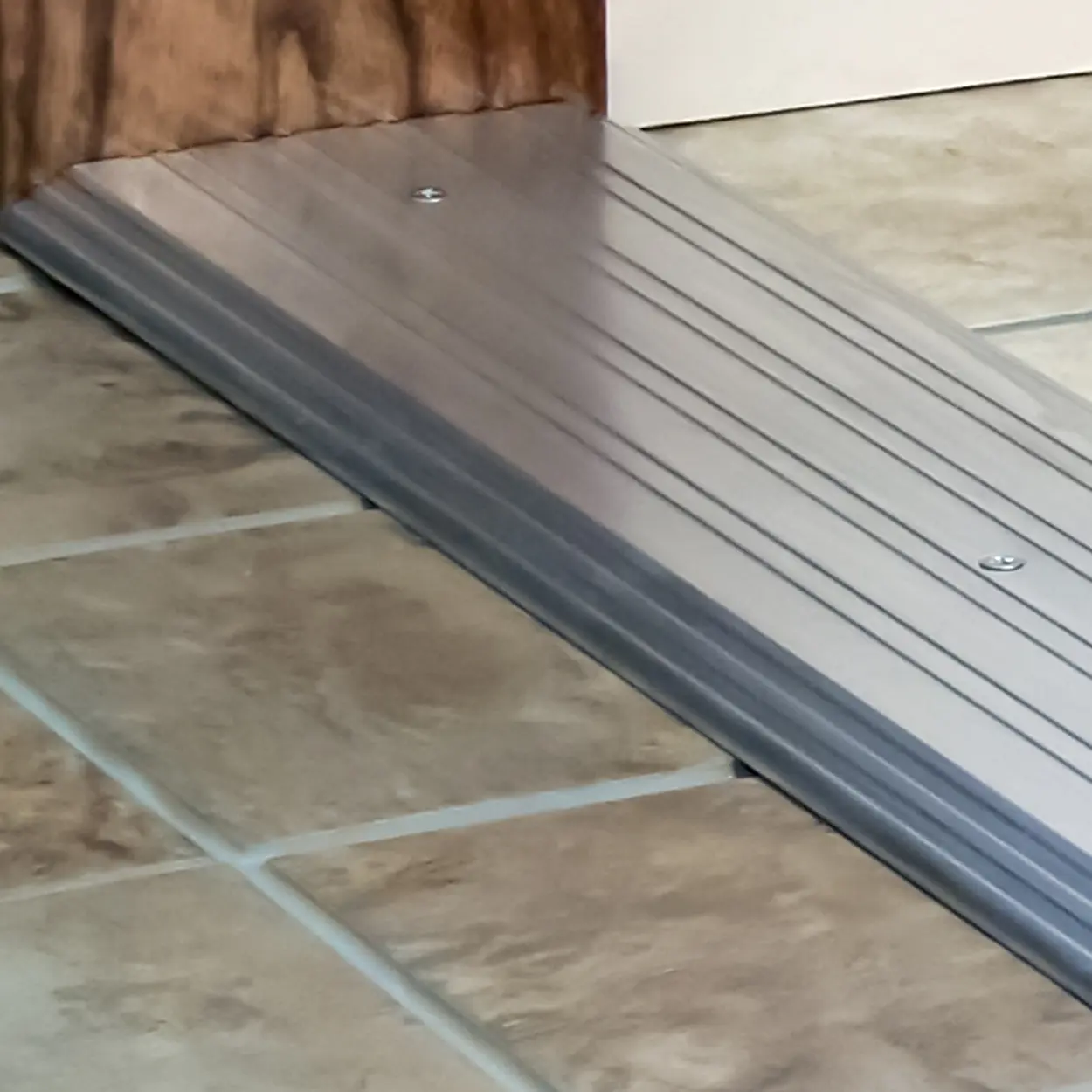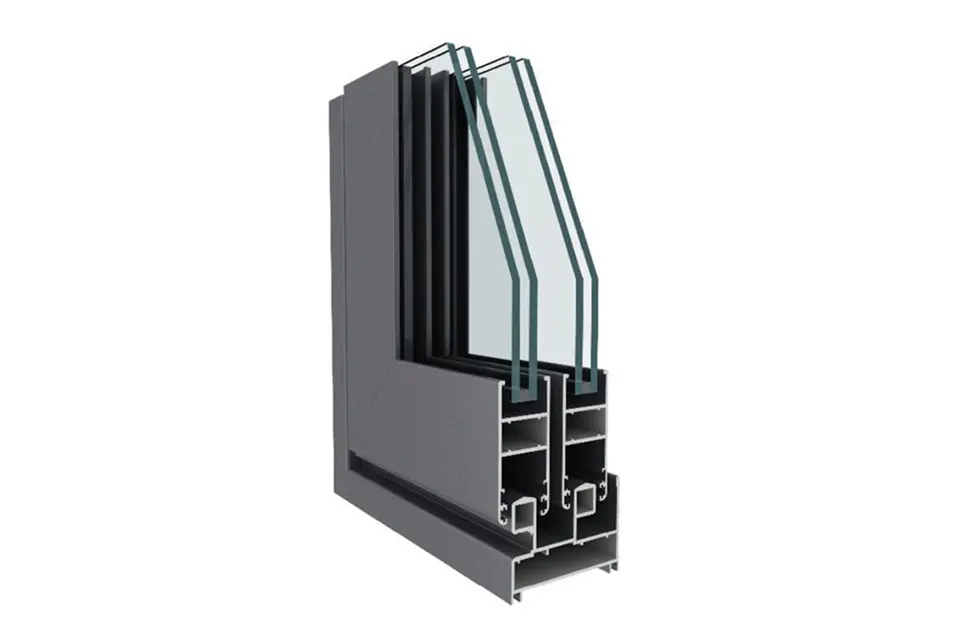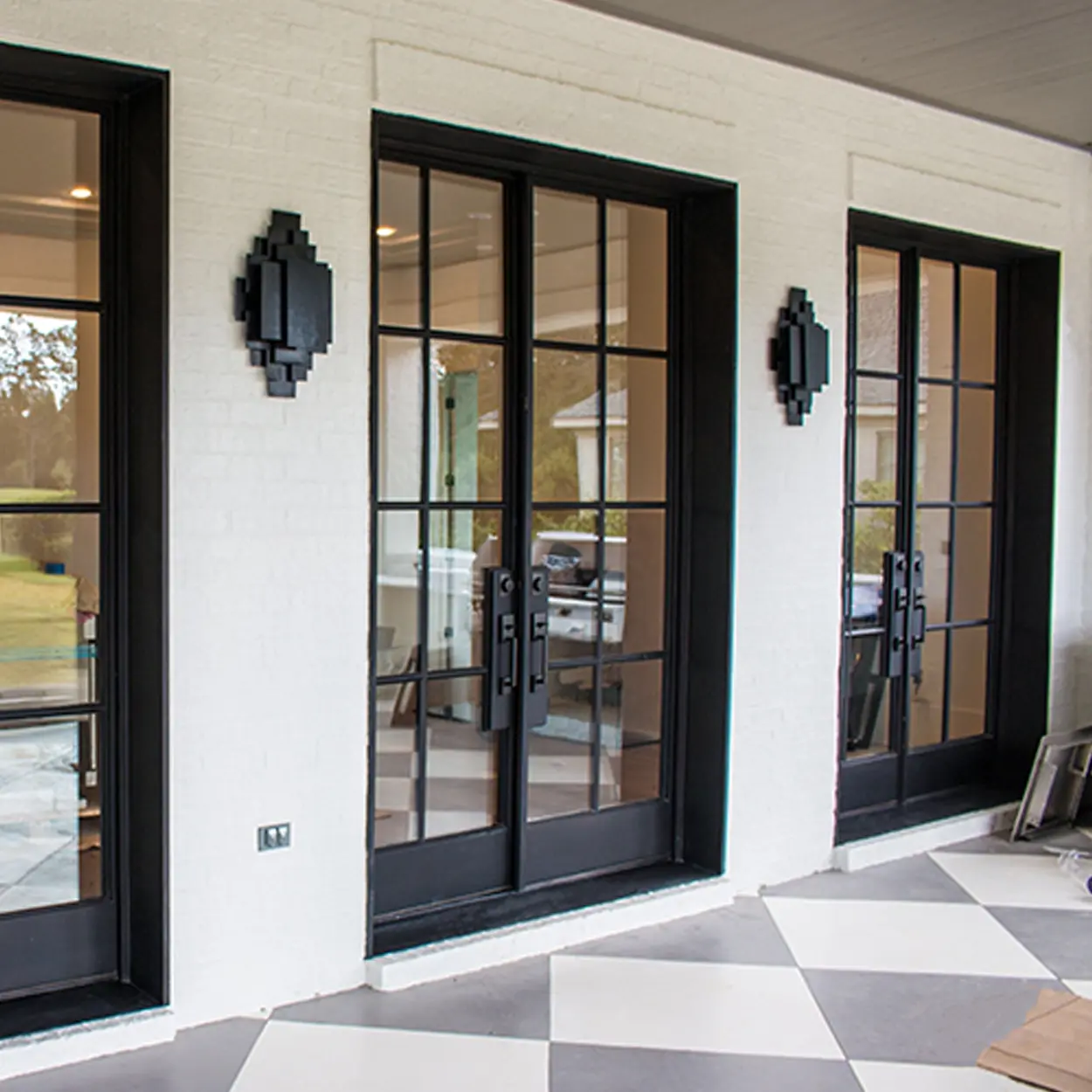
Lorem ipsum dolor sit amet, consectetur adipiscing elit, sed do eiusmod Lorem ipsum dolor sit amet consectetur adipiscing elit, sed do eiusmod lorem ipsum
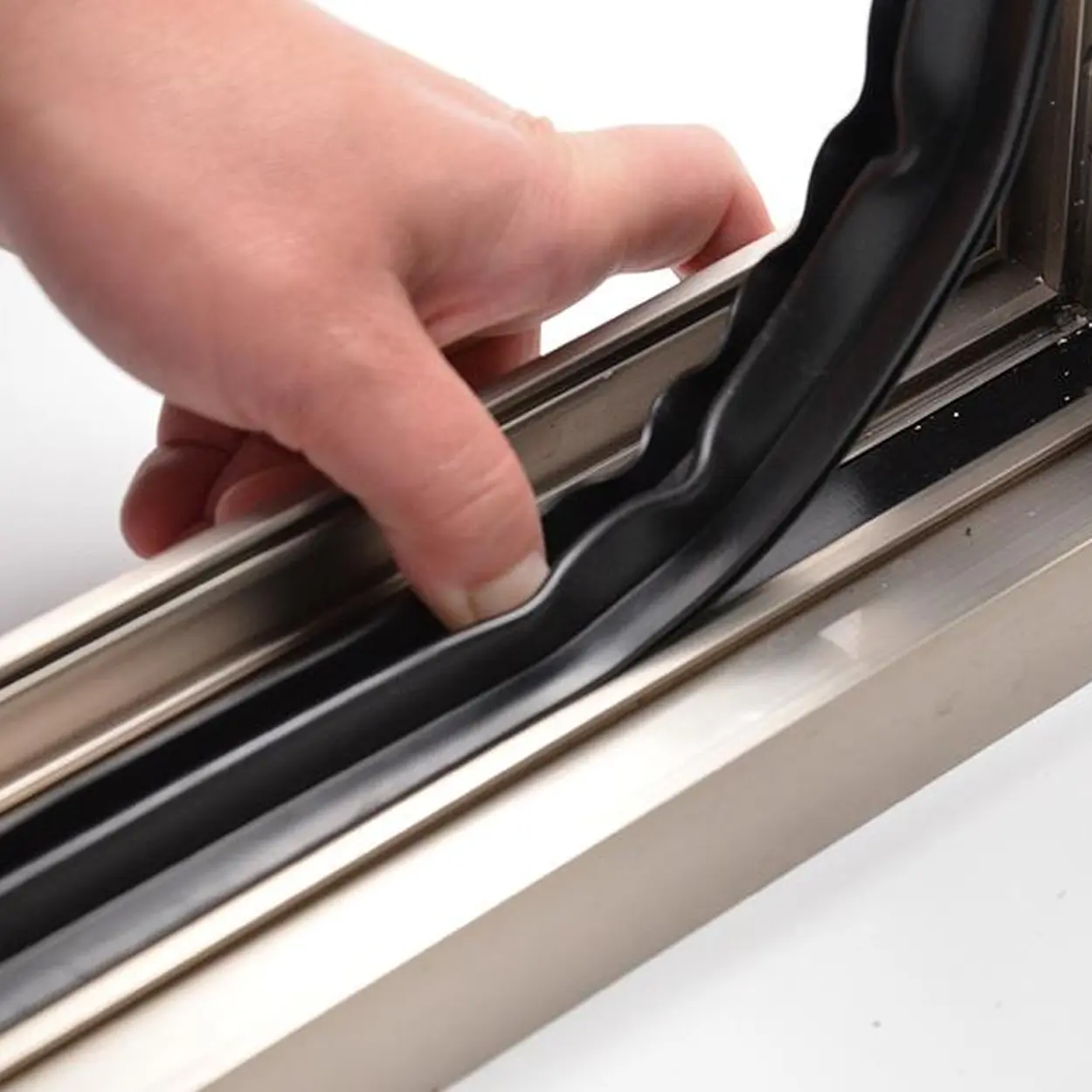
How to Install Aluminum Door Sealant?
Proper installation of aluminum door sealant can significantly improve the energy efficiency and weatherproofing of your home.
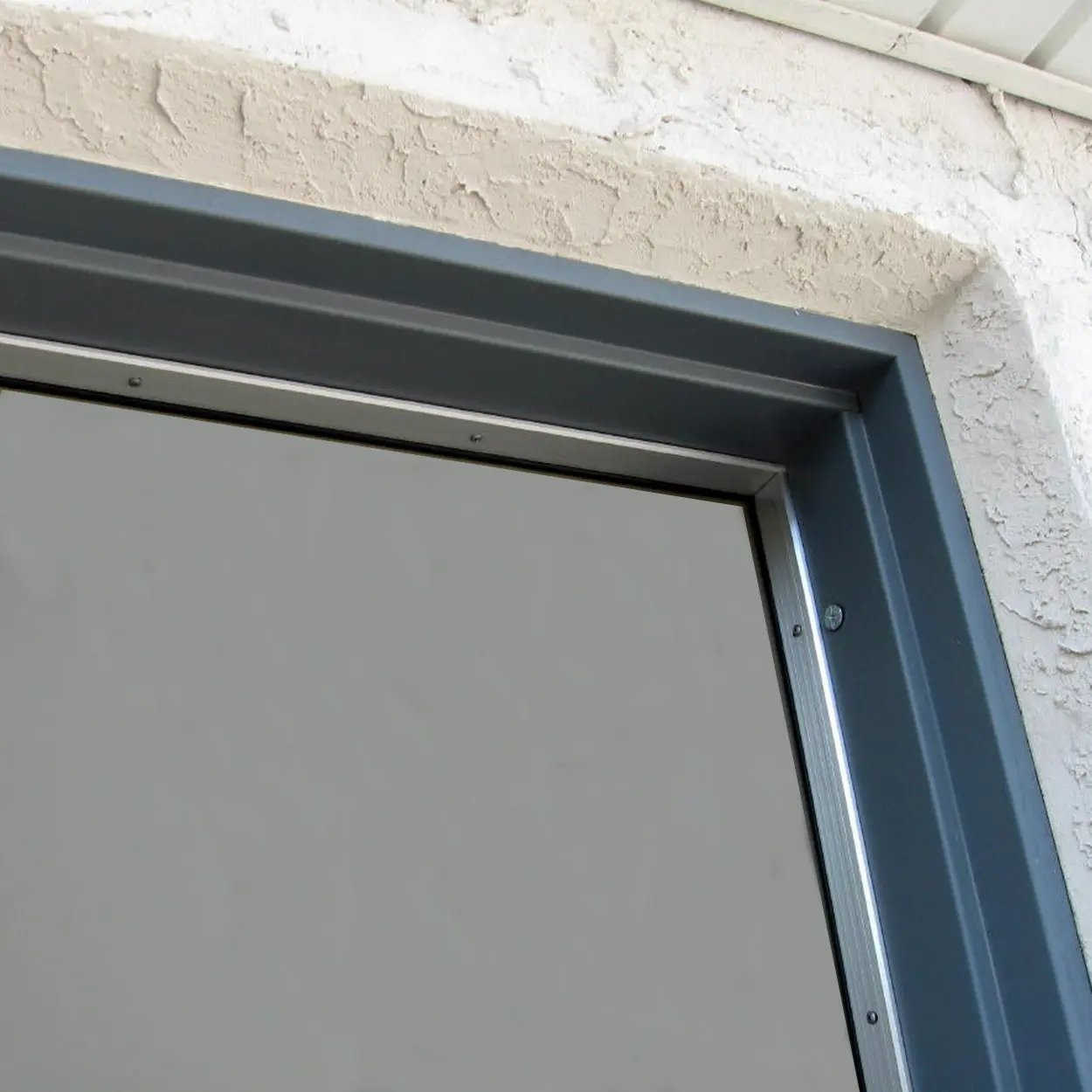
15 Tips of Aluminum Door Frame Anchored to Masonry Wall Installation
Installing aluminum door frames securely into masonry walls is a critical part of construction that ensures long-lasting durability and aesthetic appeal.
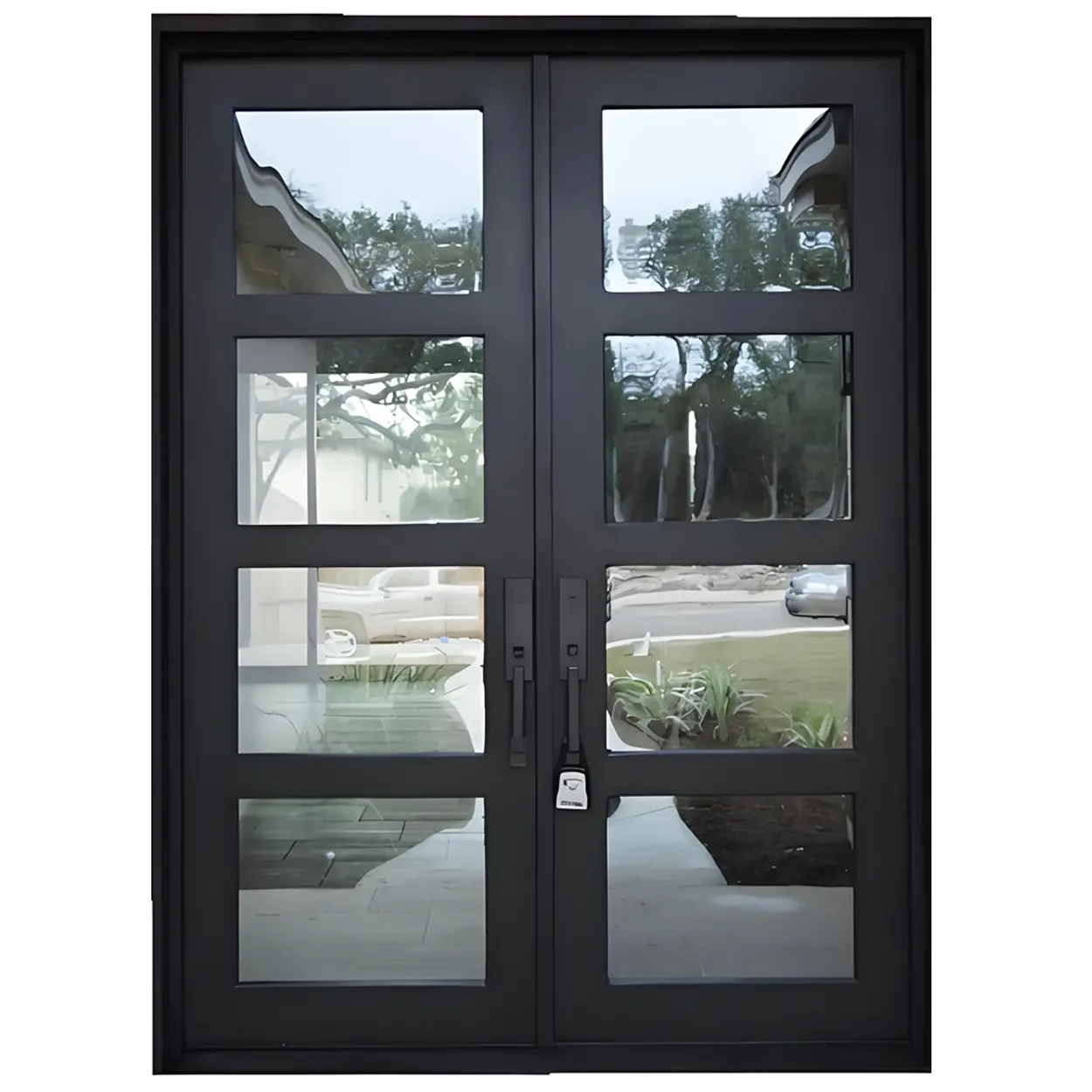
Why Choose Aluminium Door Panels 28mm?
Aluminium doors are an excellent choice for both residential and commercial properties, offering durability, strength, and energy efficiency.

